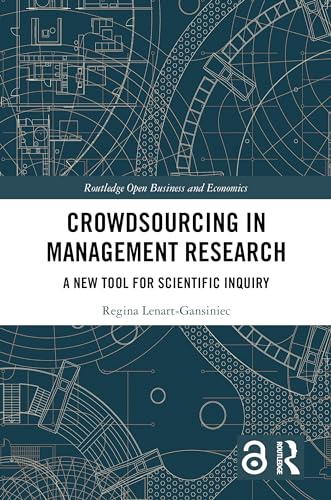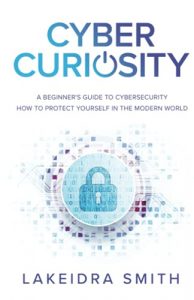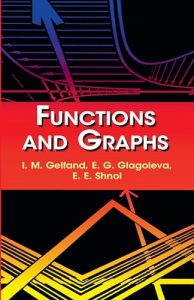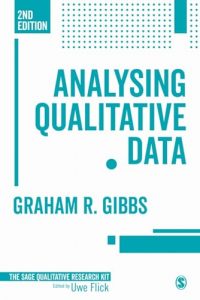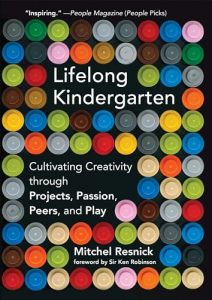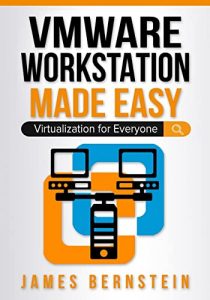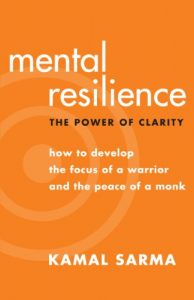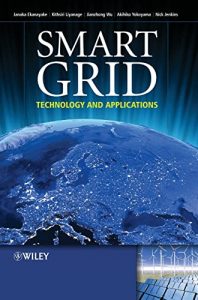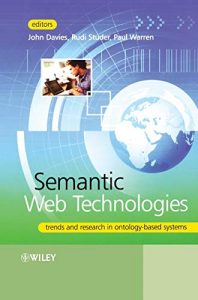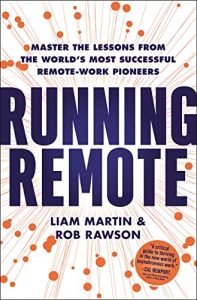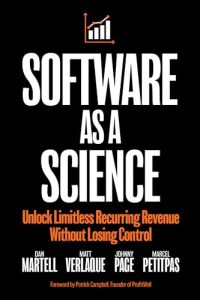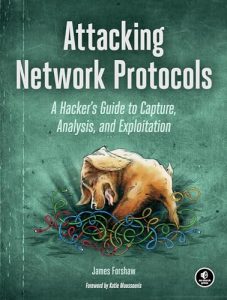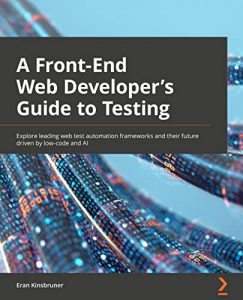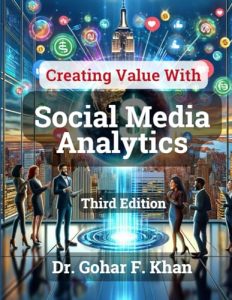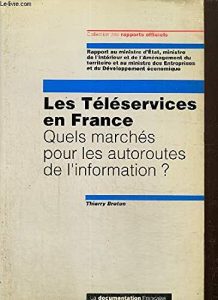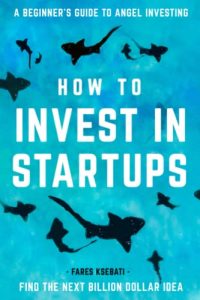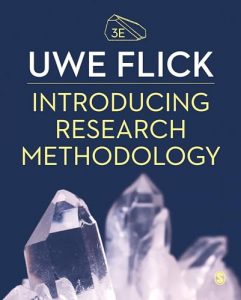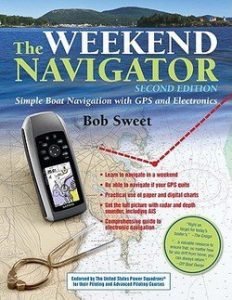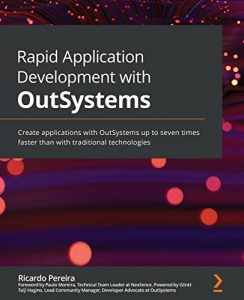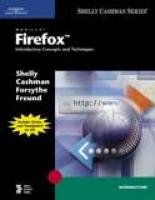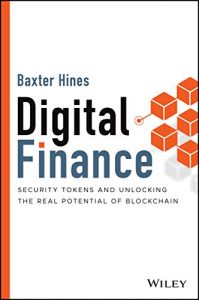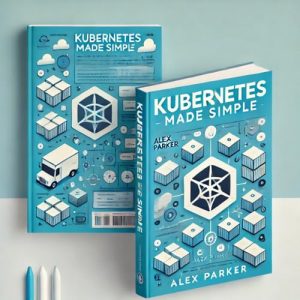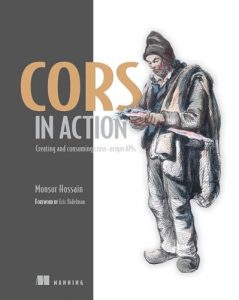Crowdsourcing in Scientific Research: A New Frontier
In recent years, crowdsourcing has emerged as a powerful tool in scientific research, unlocking new dimensions of collaboration and innovation. The innovative approach draws upon the collective intelligence of the public, inviting individuals from diverse backgrounds to contribute to scientific inquiry. This democratization of research not only accelerates project timelines but also fosters inclusivity and engagement. For researchers, practitioners, and curious minds alike, certain readings can sharpen understanding and elevate their capacity to harness this powerful trend.
Whether you’re a seasoned researcher or a passionate enthusiast, the following carefully curated books explore the multifaceted role of crowdsourcing in scientific research. From practical guides to collaborative frameworks, these titles provide critical insights that can transform the way we think about science.
Crowdsourcing in Management Research (Routledge Open Business and Economics)
This seminal work delves into the effective harnessing of crowdsourcing methods to facilitate management research. It encompasses various case studies, methodologies, and the theoretical underpinnings of crowdsourcing, making it a must-have for anyone seeking to understand this dynamic approach.
The authors expertly articulate how crowdsourcing can significantly influence data collection, community engagement, and research outcomes in management studies. Not only does this book offer a comprehensive guide, but it also showcases successful implementations of crowdsourcing strategies across different sectors. It establishes itself as essential reading for both academics and practitioners aiming to leverage collective input in their work.
How and When to Involve Crowds in Scientific Research (How To Guides)
An insightful guide that clarifies the roles of the crowd in various stages of scientific research. This book serves as a practical manual, providing researchers with tips and methodologies on when and how to engage the public effectively.
In this definitive read, innovators can learn about the advantages, challenges, and best practices for involving crowds in their research projects, making it an indispensable resource for current and future research initiatives. The rich array of examples and case studies illustrates different applications, enhancing its tangible relevance.
Open Source Investigations in the Age of Google (Security Science and Technology Book 4)
This enlightening book examines the intersection of open-source intelligence (OSINT) and collaborative research efforts, utilizing crowdsourced data and input to unlock critical insights. It guides researchers through state-of-the-art methodologies adapted for modern investigative practices.
By shedding light on how crowdsourcing integrates into the digital landscape of investigative studies, this title is perfect for those who wish to innovate in the field of security science. A valuable resource that brings together ethics, methodology, and the importance of crowd contributions.
Understanding Your Users: A Practical Guide to User Research Methods (Interactive Technologies)
Focusing on user experience research, this guide provides an essential toolkit for those interested in engaging crowds effectively. The book articulates best practices for understanding and implementing user feedback in research processes.
Accessible yet thorough, it encourages the integration of crowd perspectives into design, ensuring that outcomes hit the mark. A compelling read for researchers eager to embrace user-centric approaches within crowdsourced projects.
Artificial Intelligence for Research and Democracy
An intriguing exploration of how artificial intelligence can augment crowdsourcing efforts in research and democratic processes. This book discusses future potentials and current applications, pushing boundaries on how crowdsourced insights can be harnessed for societal benefit.
Readers interested in the intersection between technology and social sciences will find this title both informative and thought-provoking, encouraging stakeholders to consider sophisticated engagements with crowd data.
Citizen Scientist: Searching for Heroes and Hope in an Age of Extinction
This engaging narrative integrates personal stories of citizen scientists who actively contribute to research aimed at combating extinction. The book highlights the critical role of passionate individuals in driving scientific discovery.
It’s an inspiring account that serves as a call to action, motivating readers to consider how they can become active participants in scientific inquiry and contribute to meaningful change.
Take an Active Role in Cancer Research as a Citizen Scientist
A practical guide that empowers individuals to engage directly in cancer research, this book demystifies the process of becoming a citizen scientist. It encourages community involvement and provides insights on how to effectively contribute to research.
The narrative serves both an educational and advocacy role, illuminating the intersection of personal experience and scientific progress. A compelling resource that resonates with those touched by cancer.
Multi-Sided Platforms (MSPs) and Sharing Strategies in the Digital Economy
This title delves into the complexities of digital platforms and their impact on the sharing economy, showcasing how crowdsourcing fits into this evolving landscape. It offers insights into emerging strategies for engagement and collaboration.
By understanding the relationship between technology and community, this book equips researchers with an analytical framework to navigate the digital economy’s nuances, particularly how crowd contributions can optimize research results.

